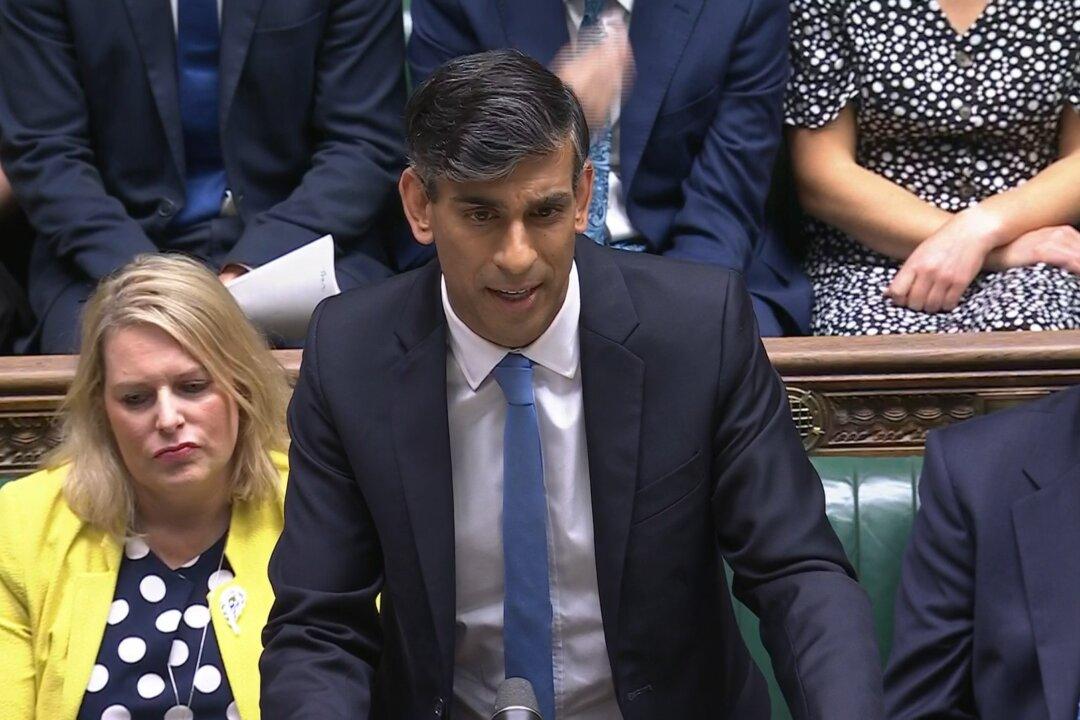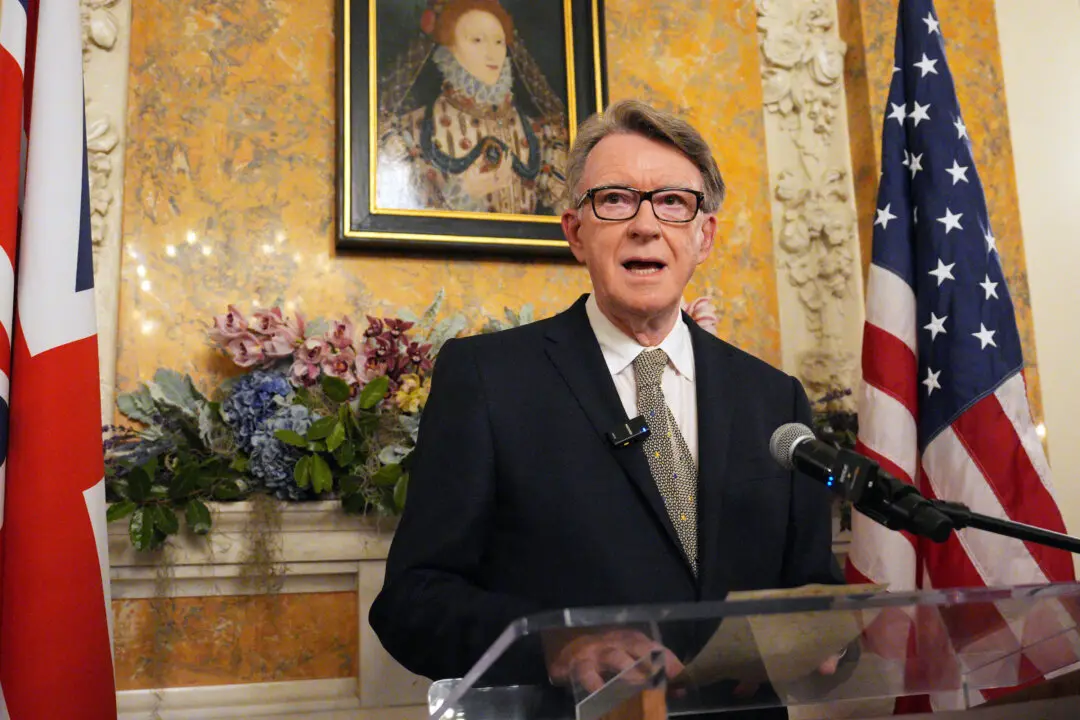The Budget watchdog has confirmed that the previous Conservative government “did not provide” them with all available information at the last budget but has not substantiated the Labour government’s claim of a £22 billion black hole in the nation’s finances.
The Office for Budget Responsibility (OBR) said on Wednesday it had uncovered £9.5 billion in “spending pressures” that it was not made aware of ahead of former Chancellor Jeremy Hunt’s fiscal statement in March, and has said that its judgment on spending would have been “materially different” had it had access to this information.





